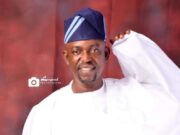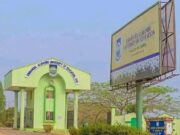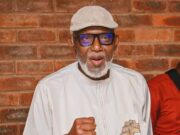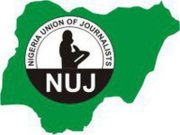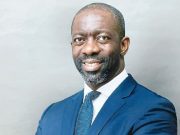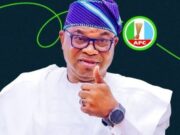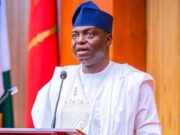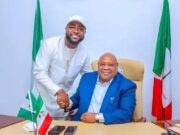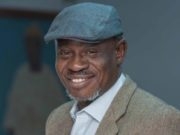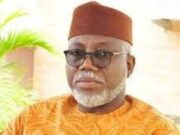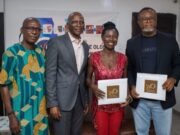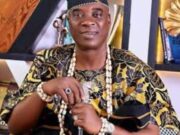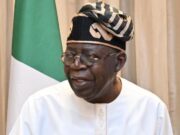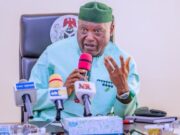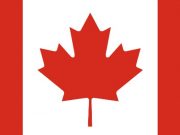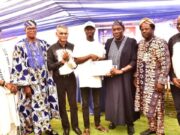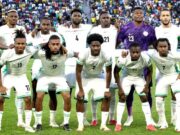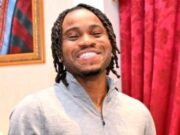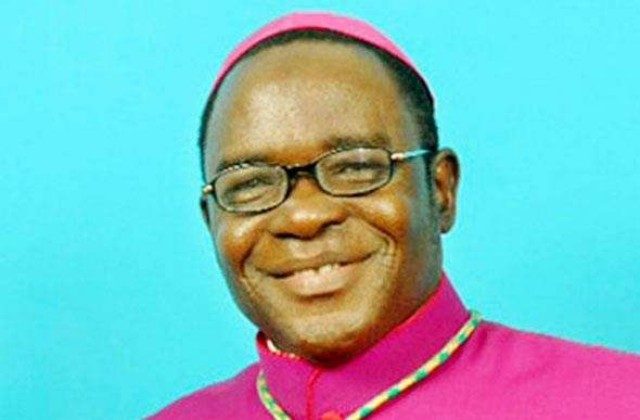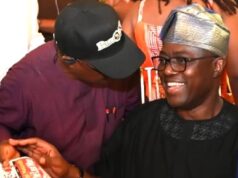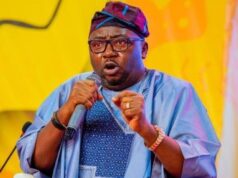The Catholic Archbishop of Sokoto Diocese, Matthew Kukah, has cautioned against renewed moves to designate Nigeria as a ‘Country of Particular Concern’ over religious persecution, warning that such a step would hurt ongoing reconciliation efforts and embolden extremists.
Kukah made the appeal on Tuesday in Vatican City at the unveiling of the Aid to the Church in Need’s 2025 World Report on Religious Freedom.
In a text of his address obtained by our correspondent, Kukah said that while impunity and persecution persisted in parts of the country, Nigeria under President Bola Tinubu had shown “genuine signs of inclusion” that should be encouraged, not punished.
The cleric argued that foreign powers, especially the United States, should instead back Nigeria’s internal peace efforts rather than impose punitive measures that could destabilise dialogue between Christian and Muslim communities.
“Acts of impunity still persist, but it is my view that redesignating Nigeria a Country of Concern will hurt the initiatives we are working on with the current government.
“Designating my country, Nigeria, a Country of Concern will only make our work in the area of dialogue among religious leaders in our country and elsewhere with the Nigerian state even harder.
“It will only increase tensions, sow doubt, open windows of suspicion and fear and simply allow the criminals and perpetrators of violence to exploit,” Kukah said.
The Catholic Bishop’s remarks come amid renewed debate over whether Nigeria should be reinstated on the U.S. State Department’s list of “Countries of Particular Concern” for religious freedom violations.
The designation, first made in 2020 under then-President Donald Trump, was later removed by President Joe Biden in 2021—a decision that drew both praise and criticism from religious groups.
Kukah urged international partners to “continue to press for change and deliberately work to end impunity,” adding that local religious leaders were already engaging the Tinubu administration to strengthen national cohesion.
“What Nigeria needs now is vigilance by organisations such as ACIN and civil society groups to continue to press for change,” he said, adding, “We should be supported and encouraged in this effort, not punished.”
He noted that the Tinubu government had made deliberate efforts to rebuild trust through its appointments and inclusive gestures.
“The President and the Vice President are Muslims, yet Christians have not felt alienated,” he said, noting that “the Chief of General Staff of the Nigerian Army, the Director of State Security Services, among others, are Christians,” and that “the President just appointed a Christian as the leader of the ruling party.”
According to him, these steps, though imperfect, were “confidence-building measures aimed at inspiring citizens’ sense of belonging.”
In contrast, however, Kukah accused the Muhammadu Buhari administration of fostering religious division and aiding extremist ideologies through its policies and appointments.
“The last eight years of the Buhari administration marked the worst phase in the history of interfaith relations in Nigeria, especially relating to violence against Christians and their exclusion from power.
“That administration gave oxygen to jihadists by virtue of its policies, which overtly favoured Islam and northern Nigeria,” he said.
He alleged that Buhari’s tenure entrenched a sense of exclusion among Christians, citing the former president’s “lopsided” appointments across key sectors of government and security institutions.
“The President himself was a Muslim, ensured that the Senate President, the Speaker, the Deputy Speaker, the entire leadership of security was entrusted to the hands of only Muslims, almost all from the north.
“I argued then that in reality, the difference between President Buhari and the jihadists was that he was using a pen while the jihadists were using weapons of violence against Christians,” Kukah said
He added that under Buhari, “to gain power, it was more important to be a northern Muslim than to be a citizen of Nigeria,” describing the era as one that “gave legitimacy to the persecution of Christians and deepened divisions across the country.”
The cleric, however, acknowledged that Nigeria was still “bleeding” but expressed cautious optimism that Tinubu’s inclusiveness could reverse the decline if backed by genuine reforms and global cooperation.
“Our situation is far from perfect. We are still in a bad place, but there are signs of a government willing to listen,” he said.
Credit: punchng.com






